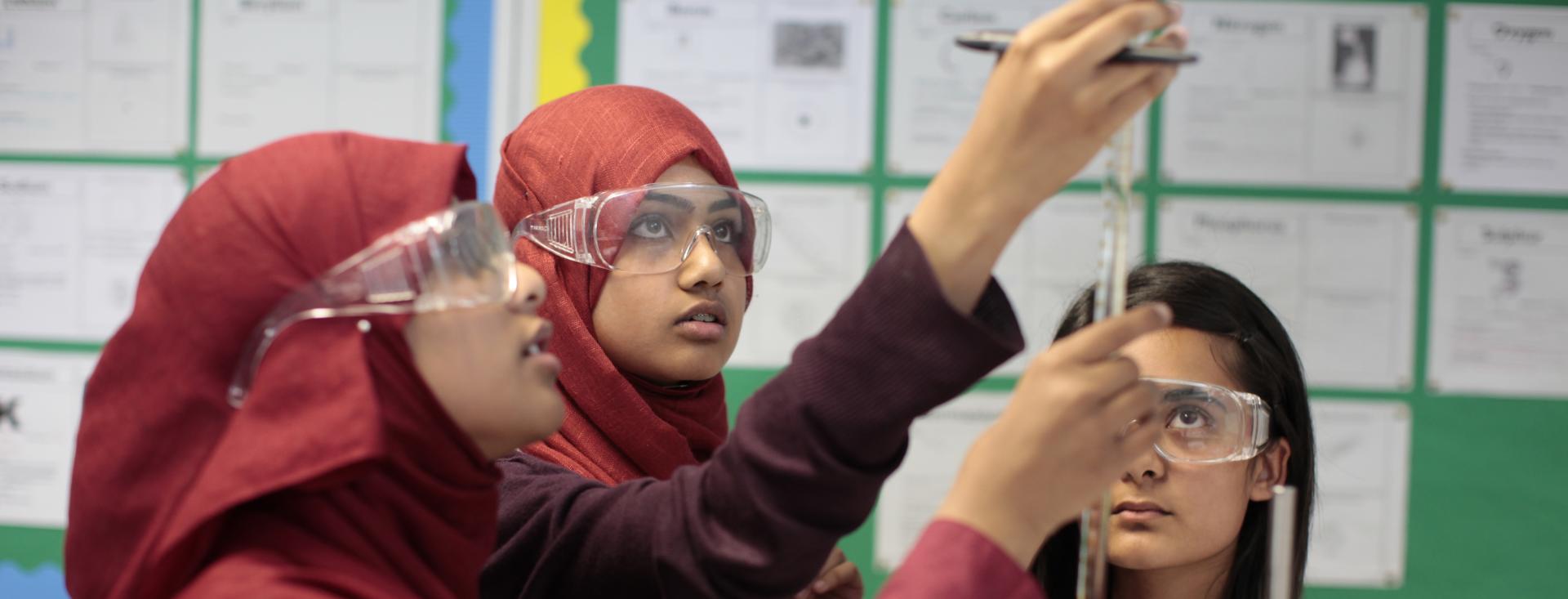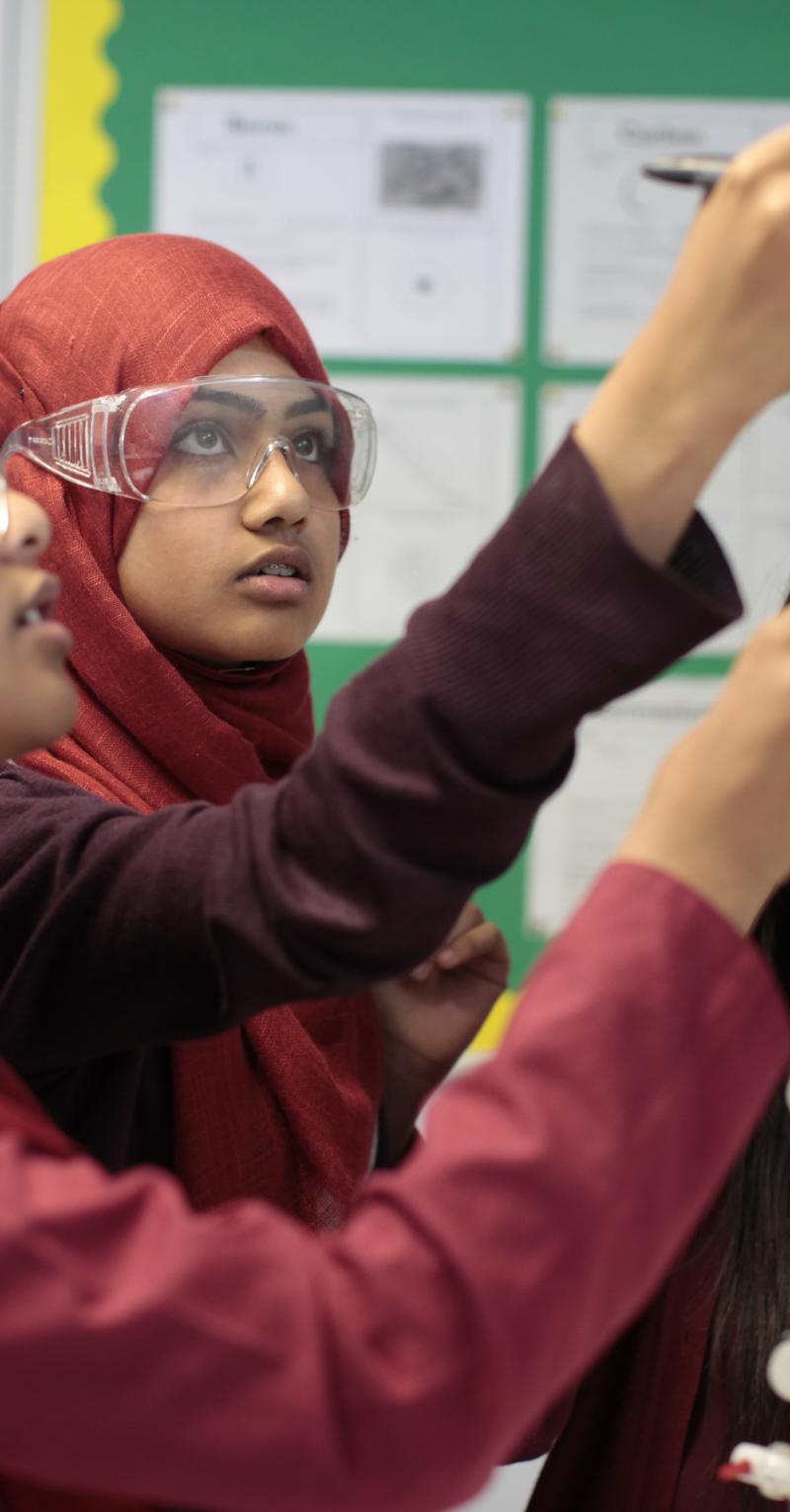Resources
Everyone has a role to play in supporting girls to become empowered, access education for better life outcomes, and thrive. Teach For All is committed to supporting the global network to identify and address the barriers that keep girls from learning and fulfilling their potential through our Girls’ Education initiative. Learn more about gender equity, the issues facing girls around the world, and more in this curated library of resources:
Girls' Education
Evidence Brief: School-Based Interventions to Prevent Violence Against Women and Girls
A policy brief on select school-based interventions that aim to prevent violence against women and girls (VAWG) or improve attitudes that perpetuate VAWG. It focuses on intimate partner violence, dating violence, and non-partner sexual assault.
Girls' Education
To Keep or Not to Keep? Decision Making in Adolescent Pregnancies in Jamestown, Ghana
A study on the decision (to keep or terminate) factors and experiences surrounding adolescent pregnancies in Jamestown, an urban slum in Accra, Ghana. The main role players in decision making included family, friends, school teachers and the partner.
Girls' Education
School Has Been a Right for Girls in India Since 2009. So Why Aren't They Going?
This article highlights recent data showing that while gains have been made in girls' school enrollment in India since a 2009 law, girls are still not attending as they should due to highly unequal expectations around household and agricultural work.
Girls' Education
Gender and Inclusive Education: The Weak Link in Girls' Education Programming
An overview of the compounding barriers that girls with disabilities experience at family, societal, and institutional levels, leading to a trajectory of marginalization. It shares resources providing a more holistic approach to inclusive education.
Girls' Education
Making the Case for a Female-Friendly Toilet
A journal article on how the sanitation needs of girls and women are rarely accounted for during the design of toilet facilities, including needs related to their physiology, reproductive health processes, social norms, and vulnerability to violence.

